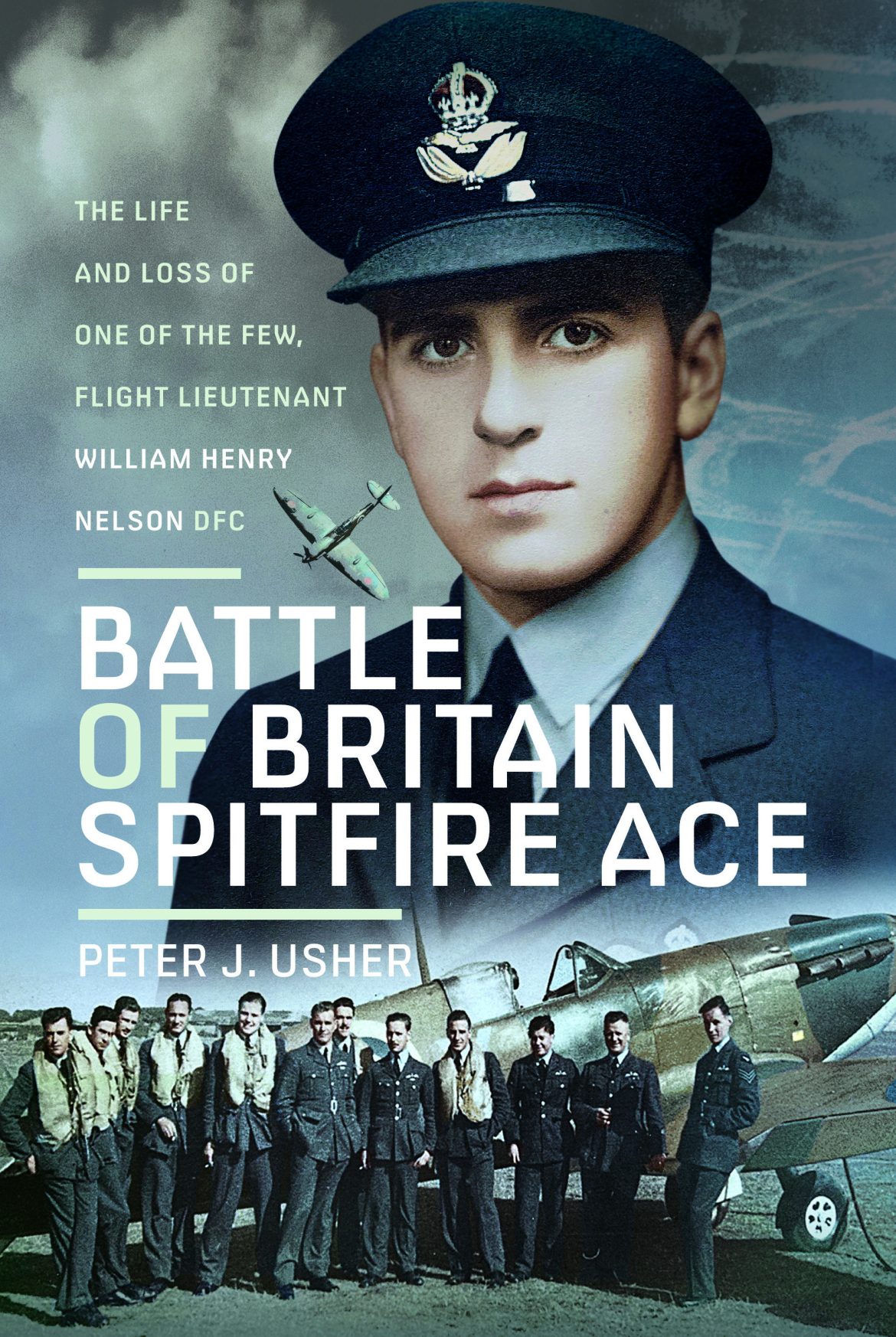
Like many young Canadians in the 1930s, William Henry Nelson wanted to fly. Unlike all but a few, he fulfilled his ambition beyond imagining, becoming a decorated Royal Air Force bomber pilot early in the Second World War, then becoming an ace fighter pilot in the Battle of Britain.
Nelson was among the first Canadians to fly in combat over Germany, only days after the war began in 1939, and he was captain of one of the first RAF crews to bomb German targets in early 1940. Shortly afterwards he was awarded a Distinguished Flying Cross for determination and courage in battle. Upon completing his first tour of operations in Bomber Command, he chose to retrain as a fighter pilot, and within weeks had downed five Luftwaffe aircraft and damaged two more. Very few men fought as both bomber and fighter pilots during the war, even fewer managed to excel at both.
By the time Nelson was shot down in November 1940, at the age of 23, he had become the pride of Jewish Montreal. His accomplishments were widely publicised at home, his status as the first Canadian Jew to have flown in combat and to have been decorated by the King were celebrated, and his portrait was featured on recruiting posters. His combat record is well-remembered in the annals of 10 (bomber) squadron and 74 (fighter) squadron of the Royal Air Force.
Through an exhaustive search of military and historical records, bolstered by in-person interviews with family members, Peter Usher has put together a comprehensive picture of a remarkable man and placed him firmly in context, moving from Nelson’s roots in Jewish Montreal to the opening aerial battles over Germany and Britain in a vivid and accurate portrait. Peter’s book, Battle of Britain Spitfire Ace, The Life and Loss of One of the Few, was published in late 2024 by Pen & Sword Publishing, UK.